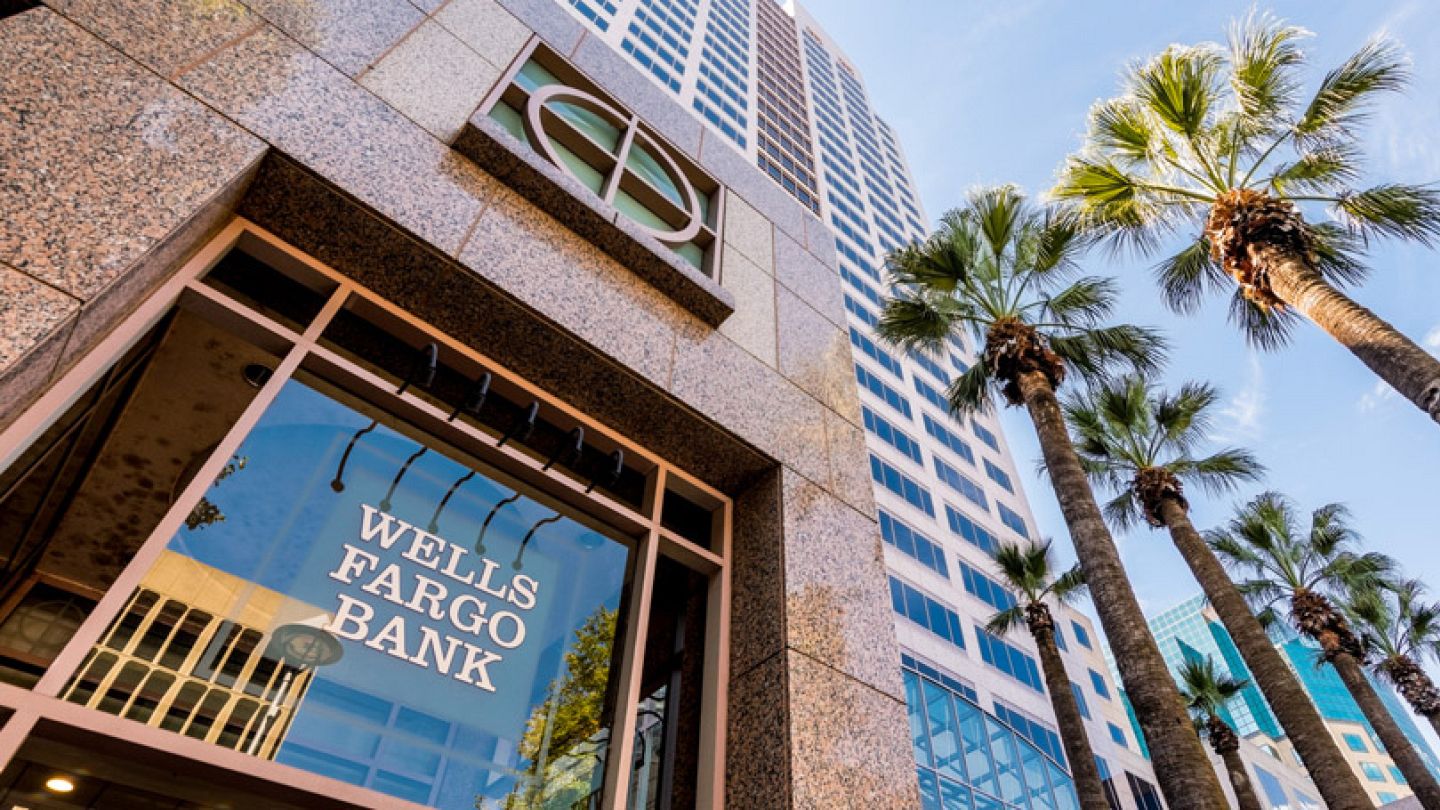How might Trump's tariffs affect the earnings season for major banks in the U.S.?
The earnings season in the U.S. begins on Friday, with major banks set to announce their first-quarter results before the market opens. While strong performance is expected for the quarterly period, analysts are anticipating conservative guidance due to uncertainties surrounding tariffs.
The first-quarter earnings season will kick off next week after major U.S. banks like JPMorgan Chase and Wells Fargo on Friday, followed by Bank of America, Citigroup, and Morgan Stanley. After a tumultuous week on Wall Street, the results from these leading credit institutions will provide critical insights into the broader economic impact of President Donald Trump's extensive tariffs on business sentiment and outlooks. Analysts expect banks to deliver solid results for the first three months of the year, supported by the still-resilient U.S. economy during this period. However, due to increasing economic uncertainties, attention is likely to shift toward forward guidance with a more cautious tone expected. Downward revisions of growth outlooks are anticipated, which will be an important measure for investors as they assess the long-term effects of disruptions in trade. Before the recent market turmoil caused by tariffs, the banking sector was among those showing stronger performance, supported by stable credit growth, improving liquidity conditions, and a rebound in merger and acquisition (M&A) activities. By February 19, shares of JPMorgan and Wells Fargo had gained about 13%. However, both stocks lost more than 20% in value due to the impact of the escalating trade war following Trump's tariff announcements.
The uncertainty surrounding tariffs is likely to pressure earnings. Following last week's mutual tariff announcements, Morgan Stanley analyst Betsy Grasek downgraded the U.S. banking sector's rating from 'attractive' to 'neutral.' In a note, Grasek wrote, "Commercial developments are pushing our baseline scenario toward a significant slowdown in gross domestic product (GDP), and the risk of our bear market recession scenario has sharply increased." Grasek also added that investment banking revenues may be more sensitive to recession risks compared to traditional lending. Dilin Wu, a research strategist at Pepperstone Australia, noted that economic uncertainty and rising recession risks from the tariff war could suppress credit demand. Wu stated that banks might "face higher loan loss provisions, which would further reduce financial performance," and added, "the volatility in financial markets caused by tariff-related uncertainties is likely to hinder capital market activities, particularly negatively affecting investment banking revenues, especially in mergers and acquisitions and equity issuance."
Investor attention will focus on banks' outlooks and guidance to see if there are any signs of the long-term effects of tariffs. Kyle Rodda, a senior market analyst at Capital.com, wrote in an email, "These harsh realities mean the markets need to price in the impending blow to corporate profits. The upcoming U.S. earnings season informally launched by several U.S. banks on Friday will be closely monitored for earnings downgrades and revisions or complete removals of guidance."
The Fed is cautious about further rate cuts. As tariffs raise expectations of renewed inflationary pressures, the Federal Reserve's (Fed) interest rate path has become more complex. On Thursday, Boston Federal Reserve Bank President Susan Collins signaled that the central bank might delay further easing: "Confidence is needed that tariffs are not destabilizing inflation expectations, thus renewed price pressures could delay further normalization of policy."
While banks typically benefit from higher interest rates through improved net interest margins, tighter policy can create pressure on household spending and broader economic activities, slowing credit growth. As a result, banks' net interest income (NII) – the difference between what they earn from loans and what they pay on deposits – is likely to be forecasted more conservatively. Bank of America analysts expect a cautious tone from management when the first-quarter results are released.
Bank earnings forecasts. Despite the negatives created by tariff uncertainties, banks' first-quarter earnings are expected to remain strong, with the full economic effects of tariff increases anticipated to emerge later in the year. According to consensus estimates compiled by Reuters, JPMorgan is expected to report earnings per share (EPS) of $4.61, up 3.8% from the same period last year. Wells Fargo's EPS is forecasted to rise to $1.24, a 3.3% annual increase. Bank of America is expected to report an EPS of $0.82, an 8% increase from the previous year. Citigroup is anticipated to announce earnings of $1.86, an 18% year-on-year increase for this quarter. Morgan Stanley is expected to report an EPS of $2.22, up 10%.


